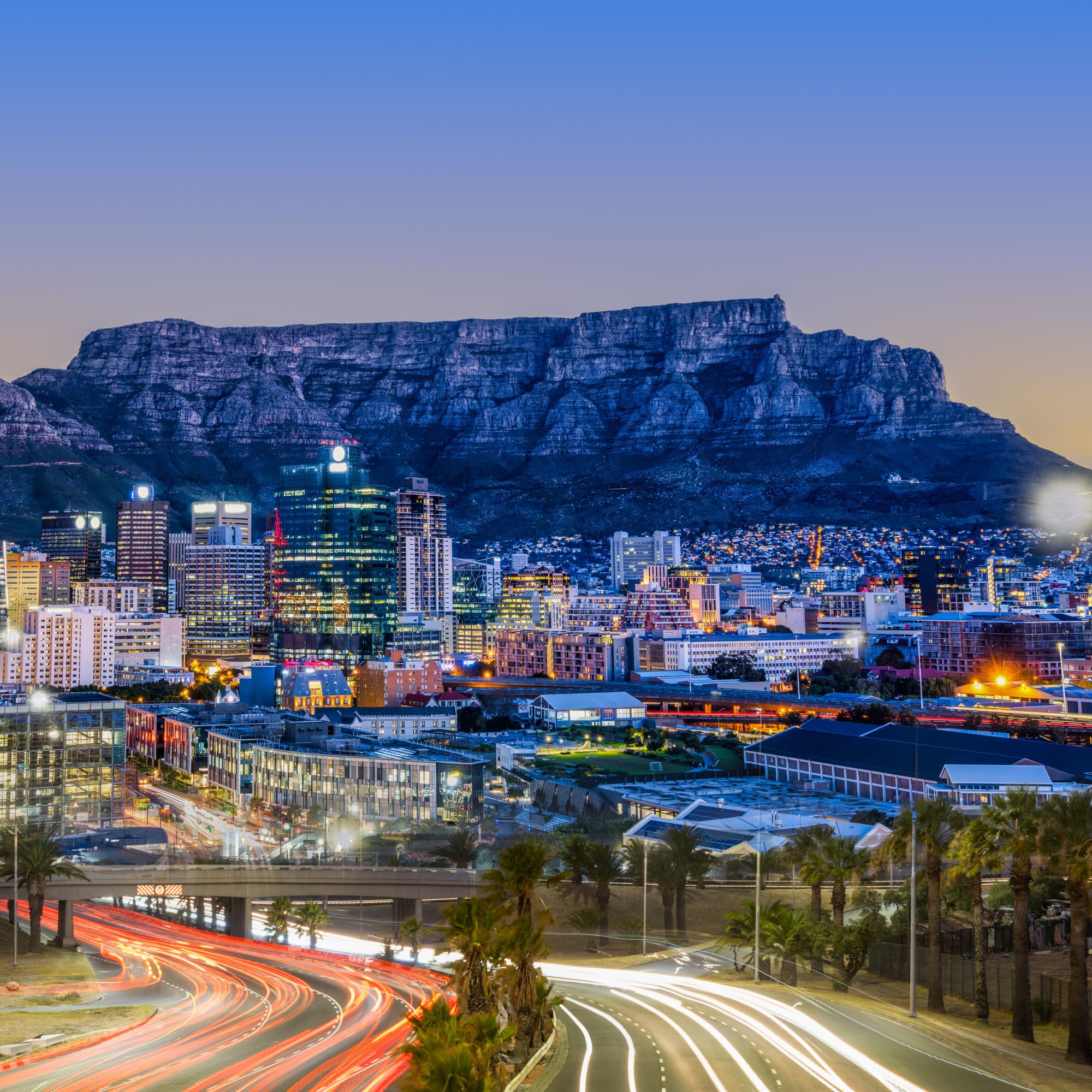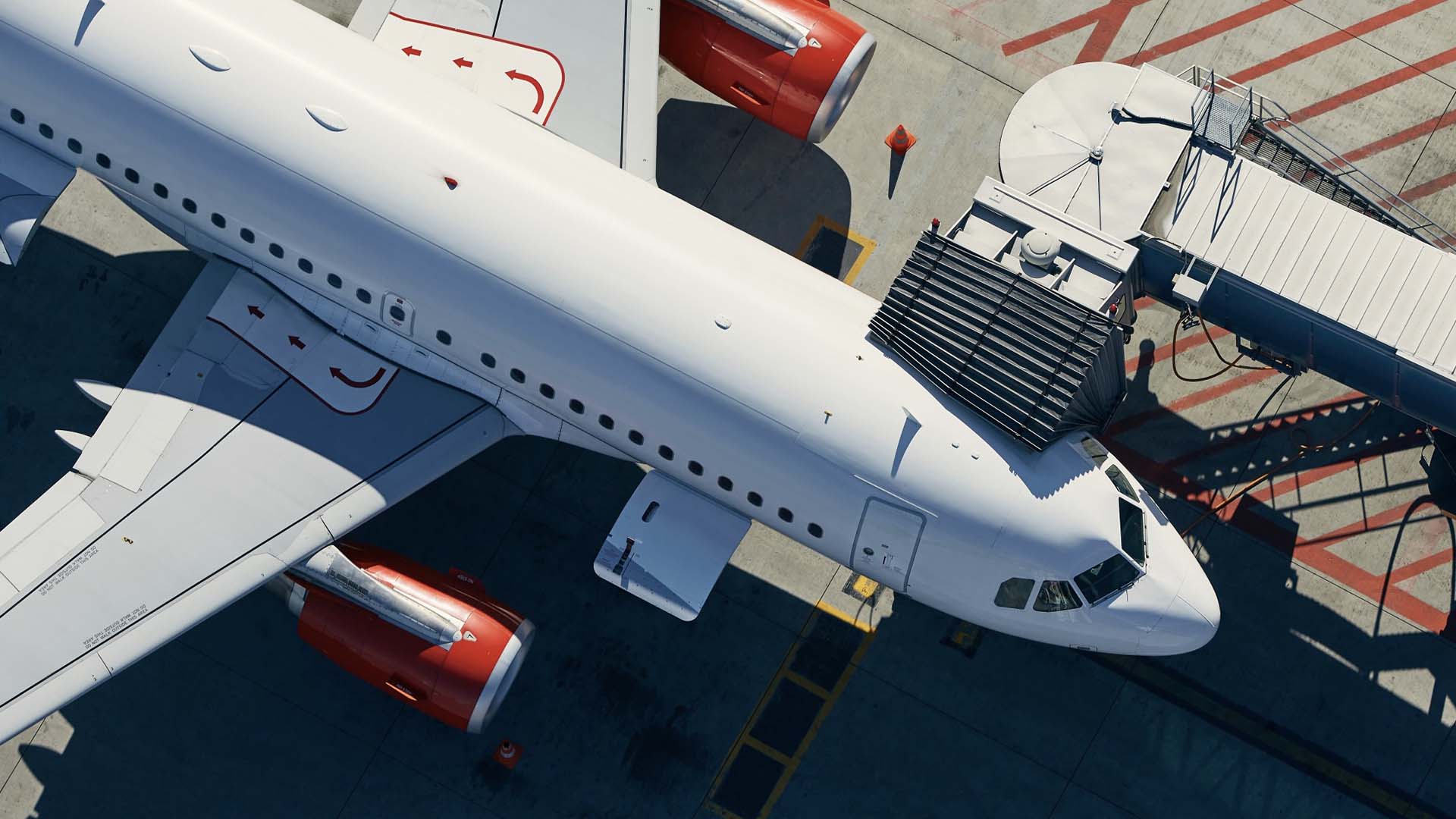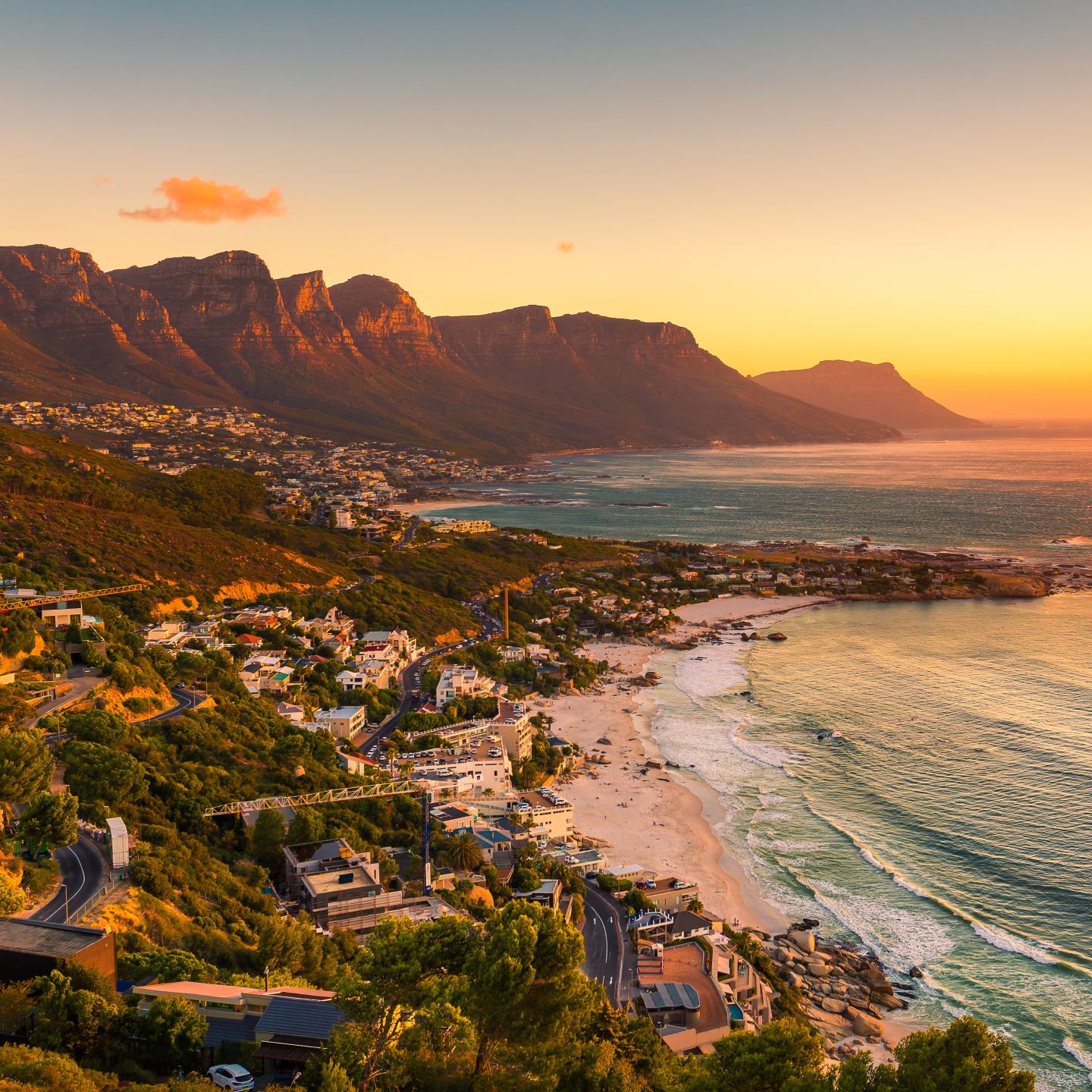In recent years, Africa and the Gulf Cooperation Council (GCC) countries have entered a new phase of economic cooperation. This development positions Africa as an emerging centre for international investment. According to Afreximbank, the continent has a GDP of around USD 3.1 trillion and is projected to grow annually by 4 – 5 percent, increasing its share of the global economy. The youthful demographic profile, along with extensive mineral deposits and significant agricultural potential, creates a supportive environment for sustainable growth and development.
Interest from GCC countries, including Saudi Arabia, the United Arab Emirates, Oman, Kuwait, Qatar, and Bahrain, has increased as these states diversify their economies beyond oil and gas. Business Insider Africa reports that between 2012 and 2025, GCC foreign direct investment in Africa rose to over USD 179 billion, led by the UAE with USD 64.3 billion, Saudi Arabia with USD 28.7 billion, and Qatar with USD 9.2 billion.
Adil Shafi, Country Partner at AC&H Legal Consultants (an ALN regional firm in the UAE), states: “The GCC-Africa investment corridor reflects a maturing relationship based on complementarity. Africa offers scale and opportunity, while the Gulf provides capital, expertise, and strategic vision. We are witnessing a realignment of global investment flows that places Africa at the centre of future growth.”
Once driven mainly by trade and remittances, the partnership has developed into a diversified, strategic investment relationship, transforming the economic paths of both regions.
Shifting Tides in Investment Flows
According to the Arab Coordination Group (ACG), Gulf development finance to Africa has exceeded USD 60 billion over the past decade, with Saudi Arabia, the UAE, and Qatar emerging as key players. This shift reflects a structural shift by GCC economies aiming to diversify away from hydrocarbons and tap into Africa’s growing consumer base, energy potential, and infrastructure needs.
The UAE, for instance, has become one of the top five investors in Africa, with cumulative investments exceeding USD 60 billion across logistics, renewable energy, ports, and agriculture. CNBC Africa recently reported that UAE–Africa trade surged by 30 percent to USD 100 billion in 2024. Similarly, Saudi Arabia’s Public Investment Fund (PIF) has intensified its Africa strategy, targeting mining, agribusiness, and clean energy.
Energy, Infrastructure, and Food Security: The Core Pillars
Energy remains a fundamental aspect of Gulf investment in Africa. As global demand shifts towards renewables, GCC investors are positioning Africa as a key partner in the green transition.
According to the Brussels International Centre, Emirati firms announced six major green hydrogen projects in Sub-Saharan Africa in 2023. The largest of these is a landmark USD 34 billion green hydrogen facility in Mauritania, a collaboration between Infinity Power, German developer Conjuncta, and the Mauritanian government, designed to deliver 10GW of capacity. AMEA Power has also committed to installing 1GW of green hydrogen capacity in Angola, Djibouti, Ethiopia, Kenya, and Mauritania, while simultaneously operating or developing energy plants across Burkina Faso, Djibouti, Egypt, Ethiopia, Ivory Coast, Kenya, Morocco, South Africa, Togo, Tunisia, and Uganda. Abu Dhabi National Energy Company (TAQA) complements these efforts with projects in Morocco, Senegal, and South Africa. It is involved in a USD 10 billion renewable energy investment initiative across sub-Saharan Africa.
Similarly, Masdar’s renewable portfolio in North and Sub-Saharan Africa supports its goal of 100 GW worldwide by 2030, while ACWA Power’s solar and desalination projects in Egypt and Morocco strengthen Africa’s contribution to the Gulf’s decarbonisation efforts.
Ports, Logistics, and the Trade Corridors of the Future
Beyond energy and agriculture, Gulf investors are transforming Africa’s logistics and transport landscape. Dubai’s DP World and Abu Dhabi’s AD Ports Group have invested significantly in port and inland logistics infrastructure, facilitating smoother trade flows and integrating Africa more closely with global supply chains.
“Ports and logistics are becoming the arteries of Africa’s regional integration. What’s unfolding is more than the expansion of trade routes. It’s the rise of financial corridors linking Africa’s markets to the Gulf, Asia, and Europe, driving industrial growth and strengthening the continent’s position in the global economy,” notes Geofrey Dimoso, Partner, A&K Tanzania (ALN firm in Tanzania).
Recent deals in Kenya, Tanzania, and Egypt highlight the Gulf’s ambition to position itself as the gateway connecting Africa to Asia and Europe. These projects improve Africa’s export competitiveness and promote industrial growth, strengthening the continent’s integration under the African Continental Free Trade Area (AfCFTA).
Tourism and Real Estate: Creating the New Experience
As Africa’s middle class grows, hospitality and real estate have become key investment areas. Gulf-based groups are supporting luxury resorts, mixed-use developments, and smart cities across Morocco, Rwanda, Egypt, and Kenya.
“Tourism and hospitality are becoming the new frontiers of Gulf investment in Africa. What’s emerging is not just capital inflow, but a shared vision for sustainable development, linking Africa’s unique natural assets with the Gulf’s expertise in infrastructure, aviation, and world-class hospitality,” highlights Julien Kavaruganda, Senior Partner, K-Solutions & Partners (ALN firm in Rwanda).
Examples include Qatar’s investments in Rwanda’s tourism sector and the UAE’s partnerships in luxury developments in the Indian Ocean islands, both emphasising a shared vision for sustainable tourism growth.
The Investment Climate: Promise and Pragmatism
Africa’s improving regulatory frameworks, deepening regional integration through AfCFTA, and increasing political engagement with GCC states all support investor confidence. However, challenges like policy unpredictability, infrastructure gaps, and currency volatility must be addressed to boost investor enthusiasm.
Despite these challenges, Gulf investors are showing a long-term commitment. Sovereign wealth funds such as the Abu Dhabi Investment Authority (ADIA) and Saudi Arabia’s PIF are deploying patient capital focused on resilience, scale, and sustainability, often in partnership with African governments and development finance institutions.
A Strategic and Symbiotic Future
Africa’s growth ambitions and the Gulf’s diversification agenda are aligned in unprecedented ways. Both regions are youthful, rapidly evolving, and becoming more interconnected.
“We are observing a new phase in South–South cooperation. Gulf investments are shifting from merely capital to prioritising technology, logistics expertise, and access to global markets,” comments Salimatou Diallo, Managing Partner, ADNA (ALN firm in Algeria, Côte d’Ivoire, Guinea, and Morocco).
This strengthening relationship could prove vital in shaping Africa’s industrialisation journey, boosting renewable energy adoption, and enhancing food and supply chain security for both regions.
Shared Growth for a Shared Future
As global powers compete for influence across Africa, Gulf states are quietly establishing a strong presence in sectors such as renewable energy, infrastructure, mining, agriculture, telecommunications, and logistics. The rise of Gulf investments in Africa indicates a maturing relationship based on mutual opportunity.
With Africa’s economic growth expected to surpass the global average and GCC economies aiming for sustainable diversification, this partnership serves as a model for modern development cooperation, grounded in shared growth, shared futures, and shared prosperity.
Sources
Afreximbank | Africa Center for Strategic Studies | Al Jazeera Centre for Studies | Business Insider Africa | Brussels International Center | CNBC Africa



